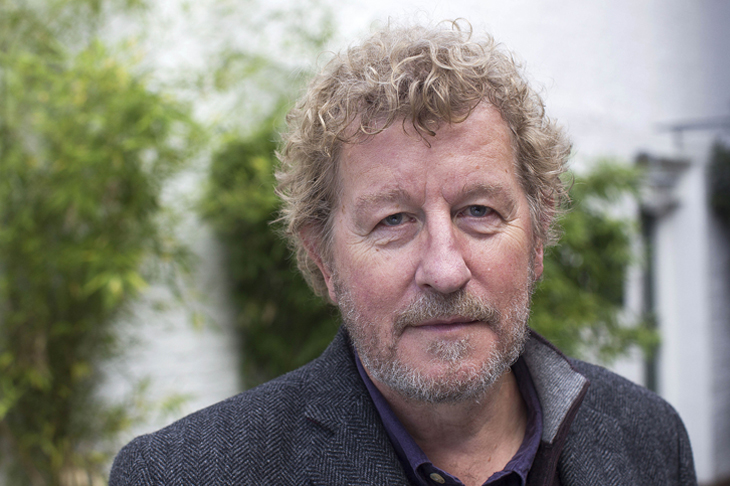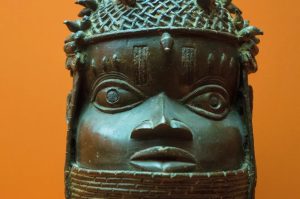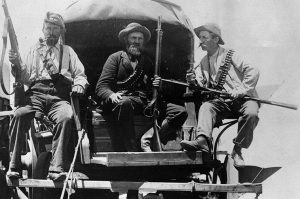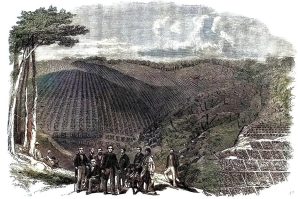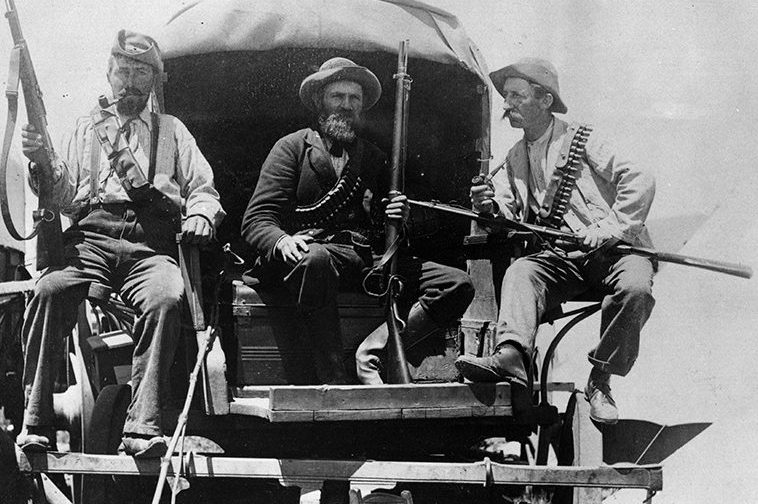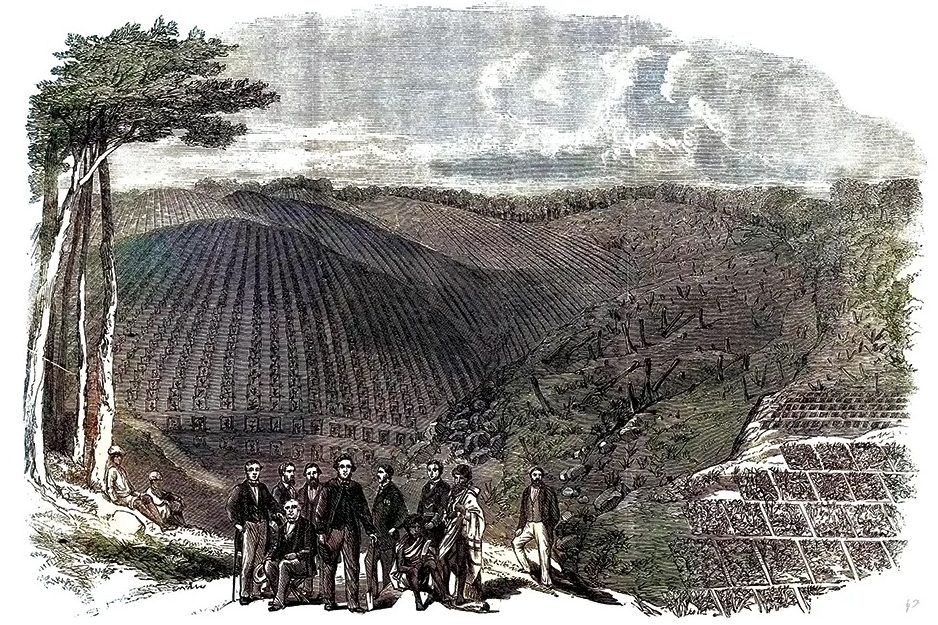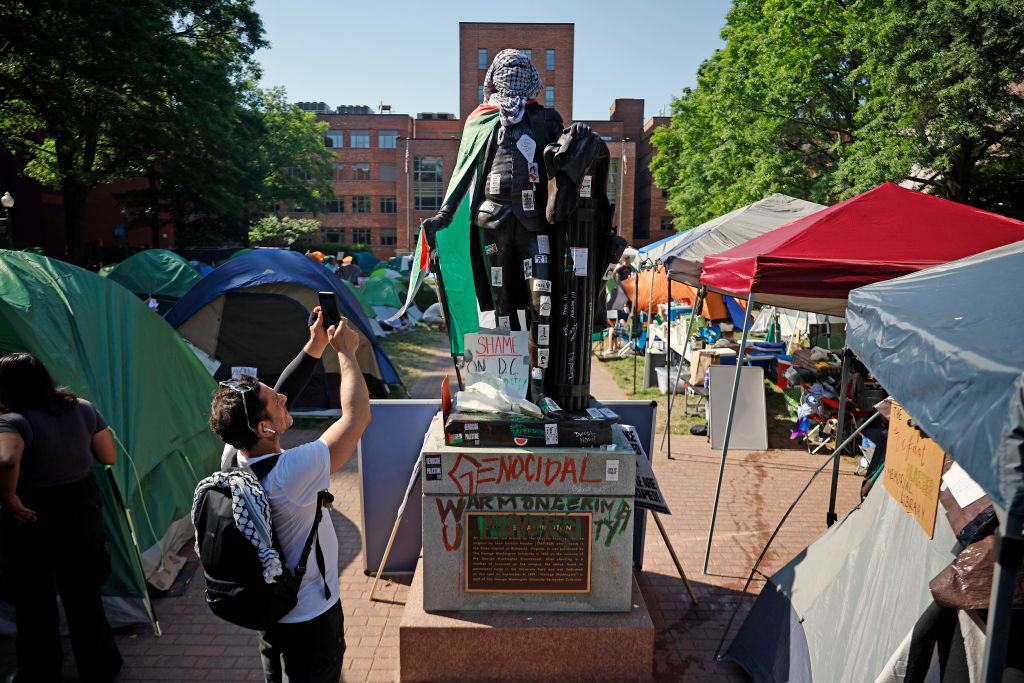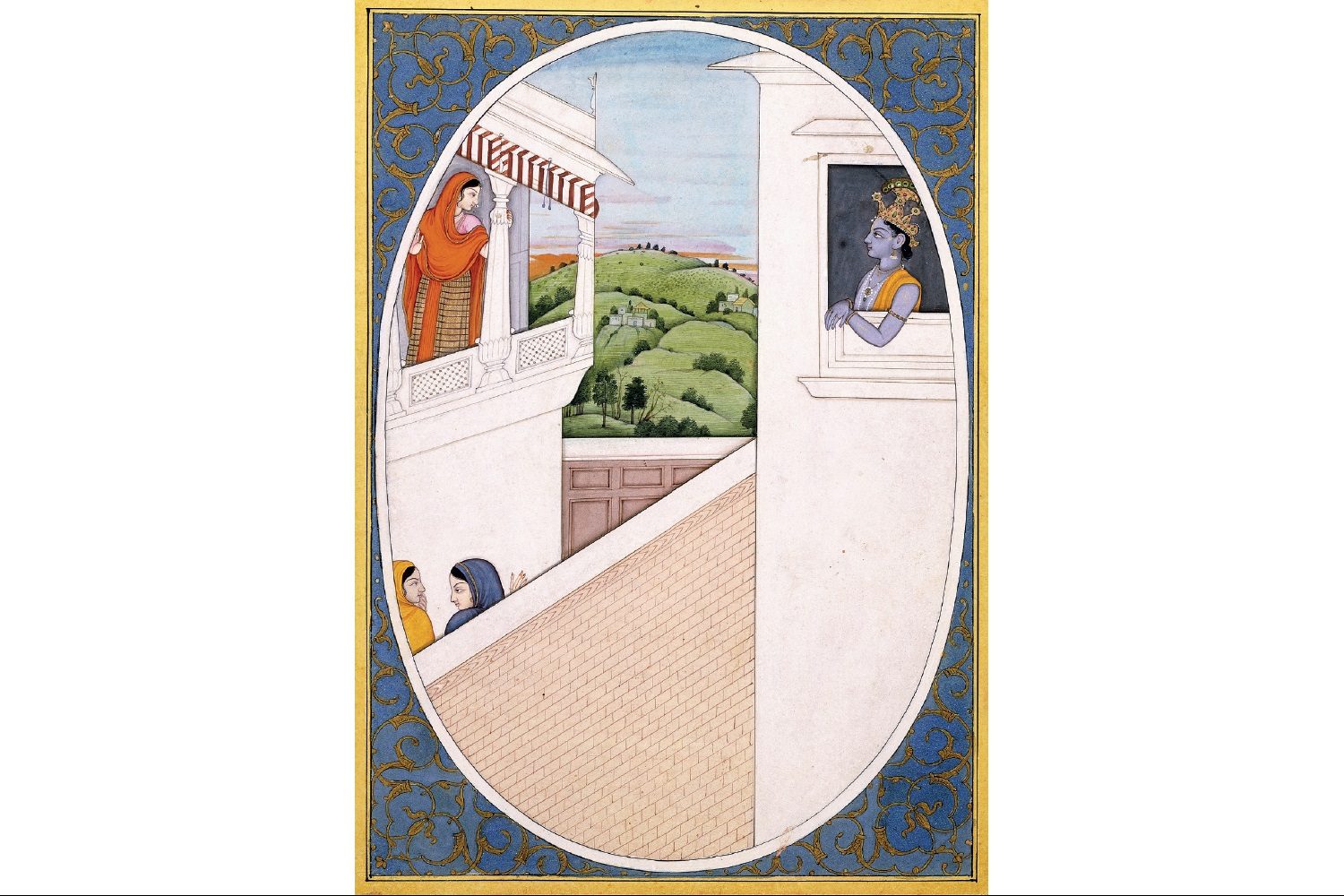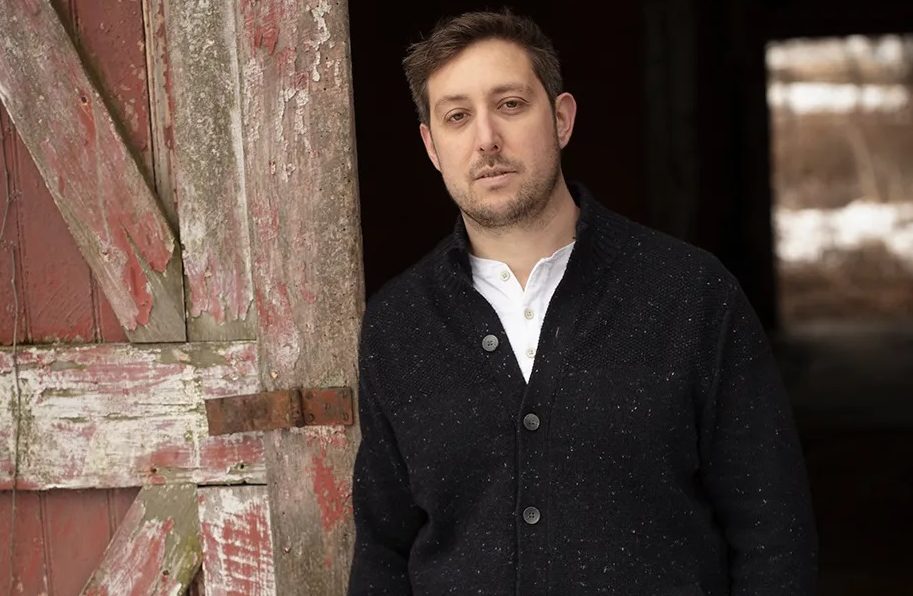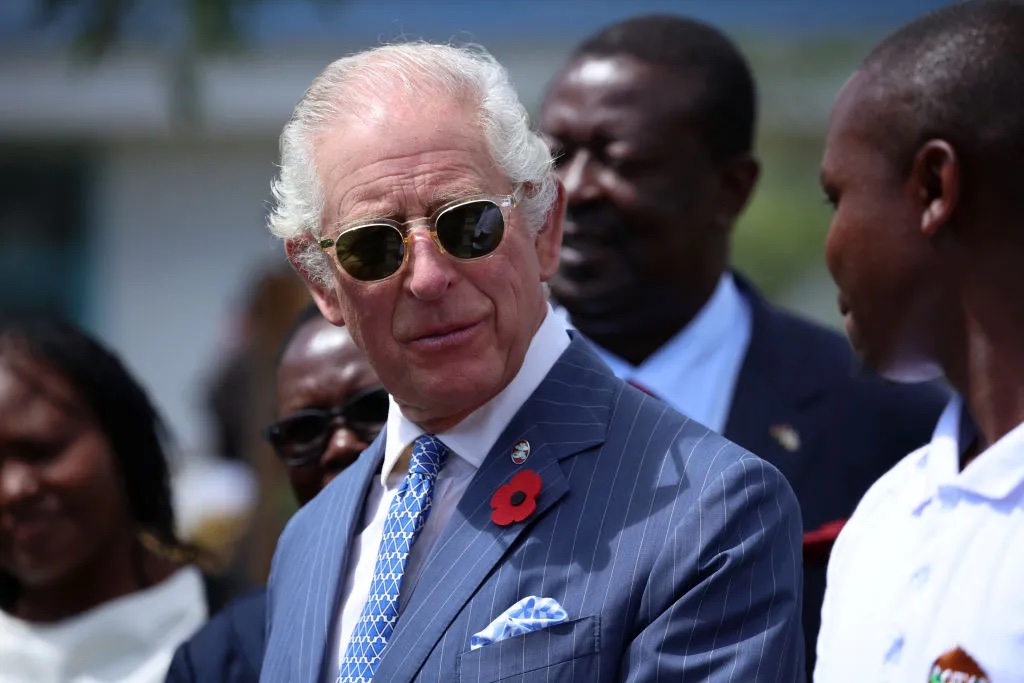It is a truth universally acknowledged that a serious novel must be in want of a theme. Paris Echo soon makes it clear that it has several. It’s about the shifting nature of history and the mysterious footprints of the past in the present. It’s also concerned with the myriad and biased interpretations that we place on past events. Another preoccupation is the ambiguities of spoken and written French.
Modern Paris, the novel’s main setting, allows Sebastian Faulks to explore his themes through two main viewpoints. There’s Tariq, a precociously self-aware 18-year-old Moroccan from a middle-class family in Tangier, who comes to Paris in search of himself, his mother’s French family and an obliging woman who will help him lose his virginity. His favourite expletive is ‘frozen fireballs!’
Tariq’s story is soon entwined with that of Hannah, a glum American academic studying the lives of the women of Paris in the second world war. Hannah is weighed down by her own baggage — ten years earlier, as a young exchange student in Paris, she had an affair with a caddish Russian playwright which has left her both wary and emotionally scarred.
Despite this trauma, Hannah is sufficiently trusting to let the chance-met Tariq live rent-free in her flat. Tariq finds a job in a sleazy fast food joint run by two Algerians (whose different colonial experiences allow Faulks to examine the bitter human consequences of France’s withdrawal from North Africa).
Hannah renews her acquaintance with Julian, an English academic in Paris. Everyone except Hannah can see that Julian fancies her rotten. Her work consists of the leisurely and emotionally fraught transcription of audio interviews with women who lived in Paris through the war. These form self-contained (and perhaps unreliable) narratives, and are so marvellously effective in themselves that they are in danger of detracting from the rest of the novel.
Tariq, meanwhile, learns about the history of Paris with the help of Metro station names, Wikipedia and an elderly eccentric named ‘Victor Hugo’, who appears to have wandered out of the pages of a Tintin story. After a failed encounter with a Chinese prostitute, Tariq conducts a curious relationship with ‘Clemence’, probably a dream figure inspired partly by Hannah’s stories of wartime women and partly by smoking some remarkably strong dope.
In this city of echoes, the two protagonists blunder along different paths, hoping to find at least a provisional form of happiness. Each of them is in search of the same thing: a way of living.
The problem at the heart of this often brilliant novel is that the clanking machinery of its themes can drown out the fiction. Fortunately, thanks to Faulks’s skill as a novelist, the fiction frequently becomes so immersive that the din of the machinery recedes. In a perfect world, though, it would have been nice to have had less clanking and more frozen fireballs.
This article was originally published in The Spectator magazine.



